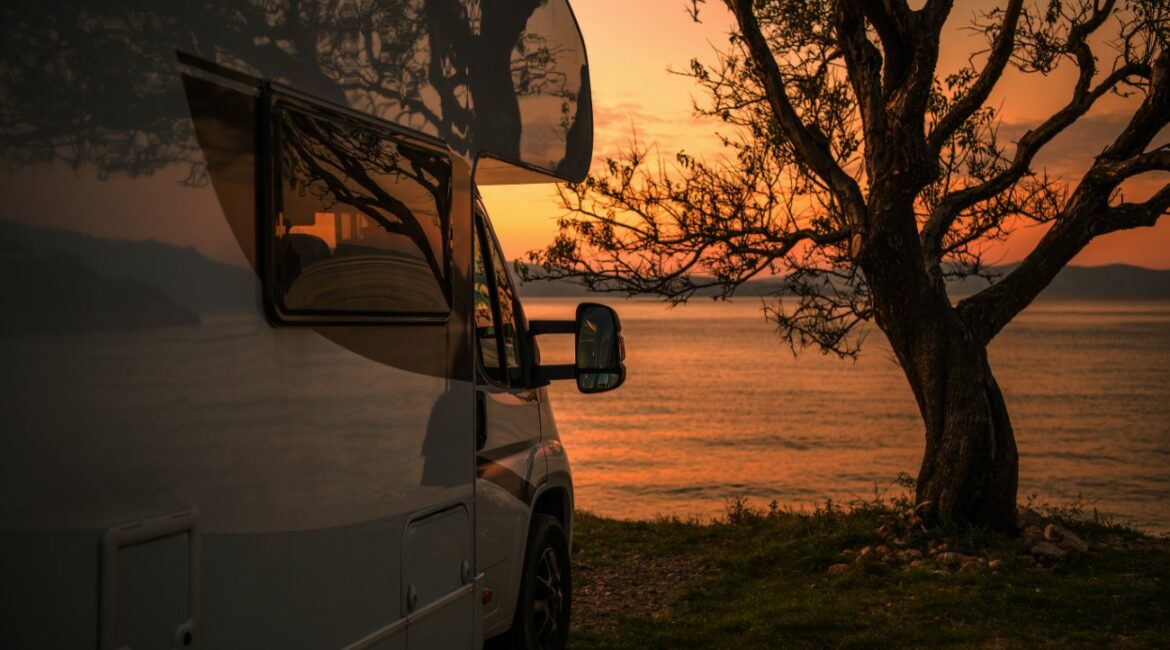The freedom of the open road, the allure of ever-changing landscapes, and the adventure of new destinations – that’s the RV life in all its glory. But let’s face it, staying connected digitally is as essential as having a trusty map. Many of us have traded office cubicles for the dynamic backdrop of nature. But with that trade comes the challenge: How do you ensure that your RV isn’t just a home on wheels, but an office, entertainment hub, and connection to the world at large? In the grand journey of RV life, staying connected can make all the difference. It can mean the difference between sealing a business deal and losing an opportunity, or staying in touch with loved ones versus feeling isolated. With the right tools and knowledge, you can make your RV a haven of connectivity, no matter where the road takes you. Safe travels and happy streaming!
Choosing Your Internet Companion
It’s not just about grabbing the nearest Wi-Fi device and hoping for the best. Factors like your travel routes, data needs, and budget play a crucial role in this choice. Common options include:
- Mobile Hotspots: Portable and easy. They use cellular data to provide Wi-Fi, but remember, they’re only as good as your cellular signal.
- RV-specific Wi-Fi Boosters: These amplify weak signals. Ideal if you’re parked near a Wi-Fi source but just out of reach.
- Satellite Internet: For those truly remote spots. More expensive but can be a lifesaver when other signals falter.
Maintaining a Strong Connection
You’ve got your gear, but ensuring a stable connection requires a bit more effort. Regularly update your devices and check for any potential interference. Metal surfaces, for instance, can be Wi-Fi’s worst enemy. Also, consider your internet habits. If you’re streaming or on video calls, ensure you’re in an area with robust service. And always have a backup – whether it’s a secondary data plan or knowing the nearest café with free Wi-Fi.
FAQ : Qs
- Why is my RV Wi-Fi so slow?
Several factors can influence this – the number of devices connected, the strength of your external signal, and potential interferences within the RV. - Can I rely on campground Wi-Fi?
It’s hit or miss. Some campgrounds offer stellar Wi-Fi, while others might leave you hanging. Always good to have a backup. - Is unlimited data truly unlimited?
In many plans, after a certain amount of high-speed data usage, your speed may be ‘throttled’ or reduced. Read the fine print! - How can I reduce my data usage on the road?
Stream in lower quality, download movies/shows when on strong Wi-Fi for offline viewing, and regularly monitor your usage.
Budgeting for Connectivity
When mapping out your RV expenses, always factor in your connectivity costs. While it might seem like a minor expense compared to fuel or campground fees, data can quickly become a significant cost, especially if you’re frequently streaming or video conferencing. Some opt for unlimited plans, while others purchase data as they go. Whichever route you choose, be sure to monitor usage to avoid unexpected charges. Also, consider setting aside a portion of your budget for those times when you might need to buy additional data or pay for a premium Wi-Fi service at a campground.
Protecting Your Digital Footprint
As you tap into various Wi-Fi sources, your digital security can be at risk. Using public or unsecured networks exposes you to potential hacks or data breaches. Enter VPNs (Virtual Private Networks). Not only do they encrypt your data, ensuring that your personal information remains private, but they can also help you bypass geographical content restrictions. This is especially useful if you’re streaming content that’s region-specific. With a VPN, you can enjoy your favorite shows or access essential services without fretting about security or regional blocks.
Stay Productive Without Wi-Fi
Even with the best plans and equipment, there’ll be times when you find yourself without a reliable connection. Instead of viewing this as a setback, consider it an opportunity. Many apps offer offline capabilities, allowing you to continue working, planning, or even entertaining yourself without an internet connection. Apps like Google Maps, Spotify, and even some productivity tools can be accessed offline. By downloading essential data or content while you’re connected, you ensure that the RV journey continues smoothly, even when the digital road gets a bit bumpy.
- A Chat with Nate and Mika, Christian Wedding Photographers - July 18, 2024
- Ultimate Guide To Playing Online Casinos - May 27, 2024
- Addiction Recovery Books Worth Reading - January 24, 2024









